March 2015: The Worst Video Media Disaster
Indiana’s new “religious freedom” law is exactly that to its supporters—but it’s an anti-gay discrimination law to its detractors.
Governor Mike Pence, who signed the bill into law last week, has been on the defensive since then, facing both an in-state and out-of-state backlash. Indianapolis-based Angie’s List put a major construction project on hold, and Salesforce.com, the State of Connecticut, and the City of Seattle are all forbidding official travel to the state, among others.
That backlash prompted Gov. Pence to appear on ABC’s This Week With George Stephanopoulos on Sunday.
First, in fairness, Mr. Pence did a lot right. He was clearly prepared for this interview, knew his talking points, and—even though I disagree with his position—defended it well, at least at moments.
He used an advanced media training technique I’ve written about before called “It’s Not This, It’s That” by arguing that the law he signed isn’t about discrimination, but religious liberty. That was a reasonable technique to use, and it would have been the same one I would have suggested had I trained him.
So why am I naming him the worst video media disaster of the month? Because you can’t refuse to answer a yes-no question six times—about a core question surrounding the law—and also maintain your credibility. His refusal to answer the same question that many times made his unstated answer plainly obvious.
Here are the six “yes-no” questions that Mr. Pence refused to answer:
“This is a yes or no question. Is Advance Indiana right when they say florists in Indiana can refuse to serve a gay couple in Indiana without fear of punishment?
“Yes or no. If a florist in Indiana refuses to serve a gay couple at their wedding, is that legal now in Indiana?”
“One of your supporters who was talking about the bill…said it would protect a Christian florist against any kind of punishment. Is that true or not?”
“Does that mean that Christians who want to refuse service—or people of any other faith—want to refuse service to gays and lesbians, that it’s now legal in the State of Indiana? That’s a simple yes or no question.”
“Final yes or no question, Governor. Do you think it should be legal in the state of Indiana to discriminate against gays and lesbians?”
“Yes or no. Should it be legal to discriminate against gays or lesbians?”
Pence was particularly squirmy during those last two questions. And his refusal to offer a flat “NO!” made it clear that he does believe it should be legal to deny service to gays and lesbians. (If that’s not the case, he could have easily offered a straightforward answer.) And he did offer many declarative answers elsewhere in the interview. On the question of whether it was a mistake to sign the law, for example, Pence offered a direct “Absolutely not.”
After the first one or two “yes or no” questions, Pence needed to offer a direct response. That doesn’t mean he had to use the words “yes” or “no,” but rather that he had address the topic in a more head-on manner. For example, he could have said:
“Let’s talk about that for a moment, George. If a person of faith believes that homosexuality is wrong, should the state force him or her to design a wedding cake for a same-sex marriage? Or a flower arrangement? Or provide a banquet hall? That’s not an easy black-or-white question for many people to answer, and it’s one that people in my state and many other states have struggled with.”
On Tuesday morning, Pence quickly called a press conference to announce that he was working with the state legislature to clarify that no one could be denied service due to their sexual orientation—and, in so doing, finally offered a direct answer to the question he refused to answer six times on Sunday. During that defensive press conference, he admitted that he could have “handled Sunday’s interview better.”
The bottom line? If you have to call a press conference to clean up a bad media interview during the biggest political crisis of your career, you have a self-imposed media disaster on your hands.
Don’t miss a thing! Click here to instantly join our mailing list and receive the best of the blog twice each month.
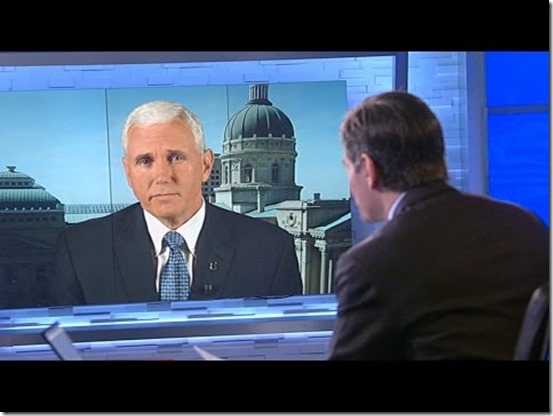
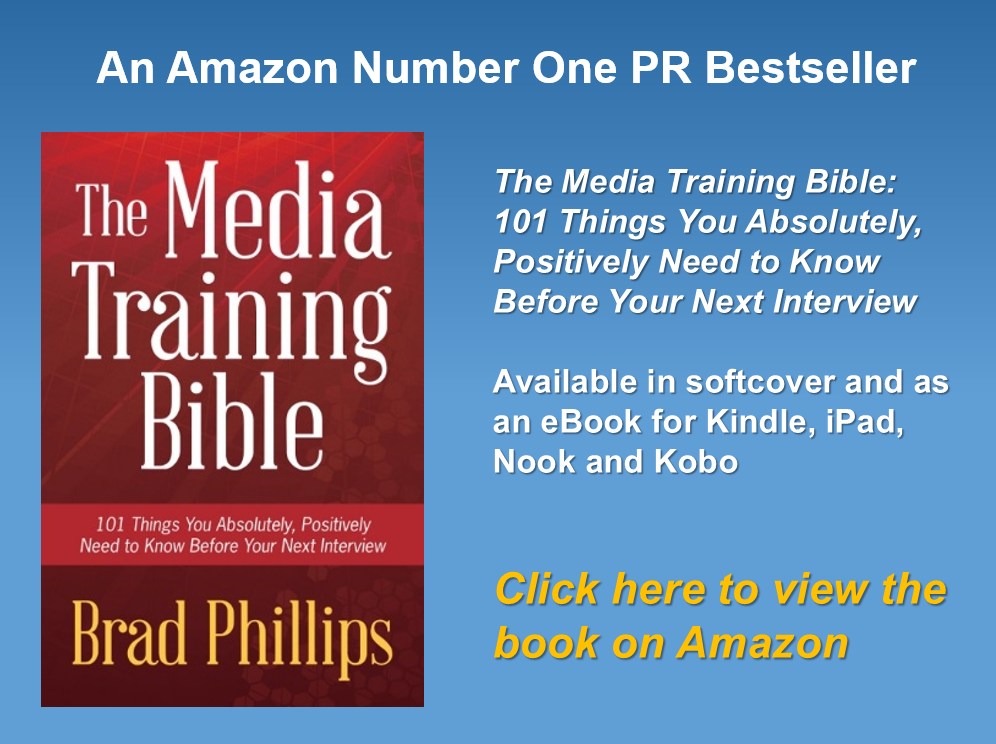
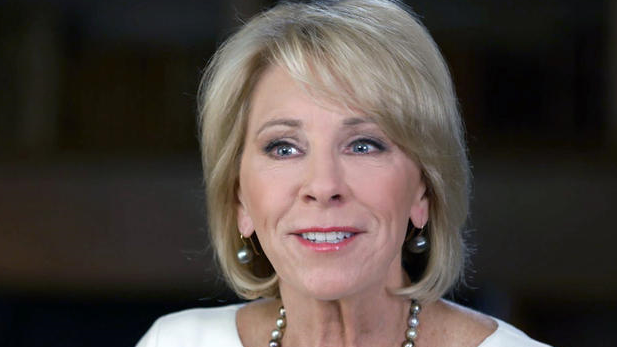
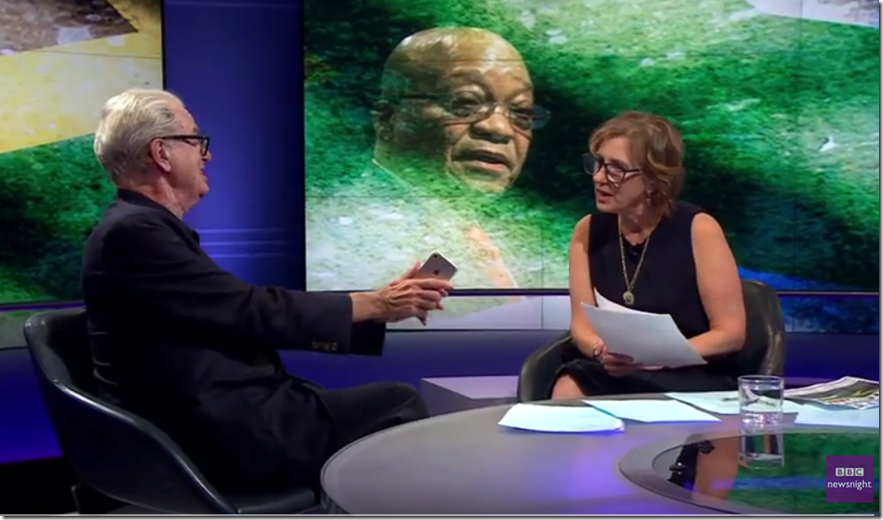
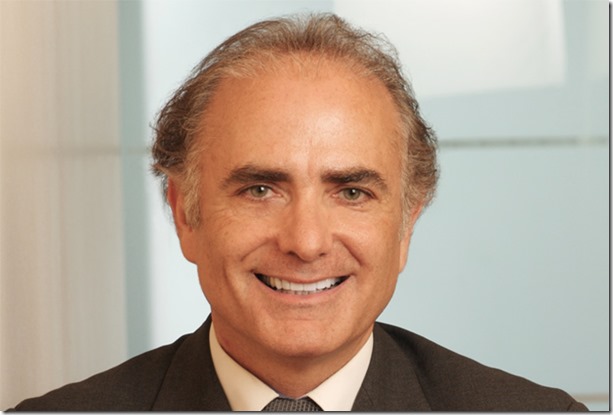
Yes-or-no questions can be loaded with terms that severely condition the answer. That is the case here.
Yes-or-no questions can be an application of the bifurcation fallacy. That is also the case here.
So it can be a good idea to refuse to answer in those terms altogether. Maybe he could have used a better technique, maybe “I can give you a clear NO to the WORDING of that question, because, ….” or “Is that question loaded and fallacious? YES”.
I think his performance was pretty good. His refusal to use the terms provided by the interviewer is perfectly symmetrical to the interviewer’s refusal to acknowledge the information he repeatedly gave about the real issue with the law.
Anyway, the argument that was missing from his otherwise excellent preparation is this: “And what’s worth pointing out here is not a single one of these cases, not a single case that has been brought to media attention (….) has been the case of a baker, a photographer, a florist and an innkeeper saying we don’t serve gays or lesbians. There’s not a single case of that that we know of. Each and every time it was only about same sex marriage. The photographer has no problem taking pictures at a birthday party for someone who is gay or lesbian. The baker has no problem baking the birthday cake for a gay or lesbian couple that’s having a birthday party. The florist has no problem making a bouquet of flowers “Get Well Soon” if the person who is buying the flower happens to be gay or lesbian. The only objection they had was to using their artistic skills and talents to celebrate a same sex relationship as a wedding. Because that was a message that they didn’t believe in and that they couldn’t help celebrate.” (from a conference by Ryan T. Anderson at Stanford)
Pedro,
Thank you for your smartly argued comment.
All I’ll add is this: If his approach had worked on Sunday, he wouldn’t have needed to call a “clean up” press conference two days later, during which he did offer a direct response to the “yes-no” question he refused six times over the weekend. My argument is that his candor would have served him better the first time around than the second.
Thanks, as always, for weighing in.
Best,
Brad